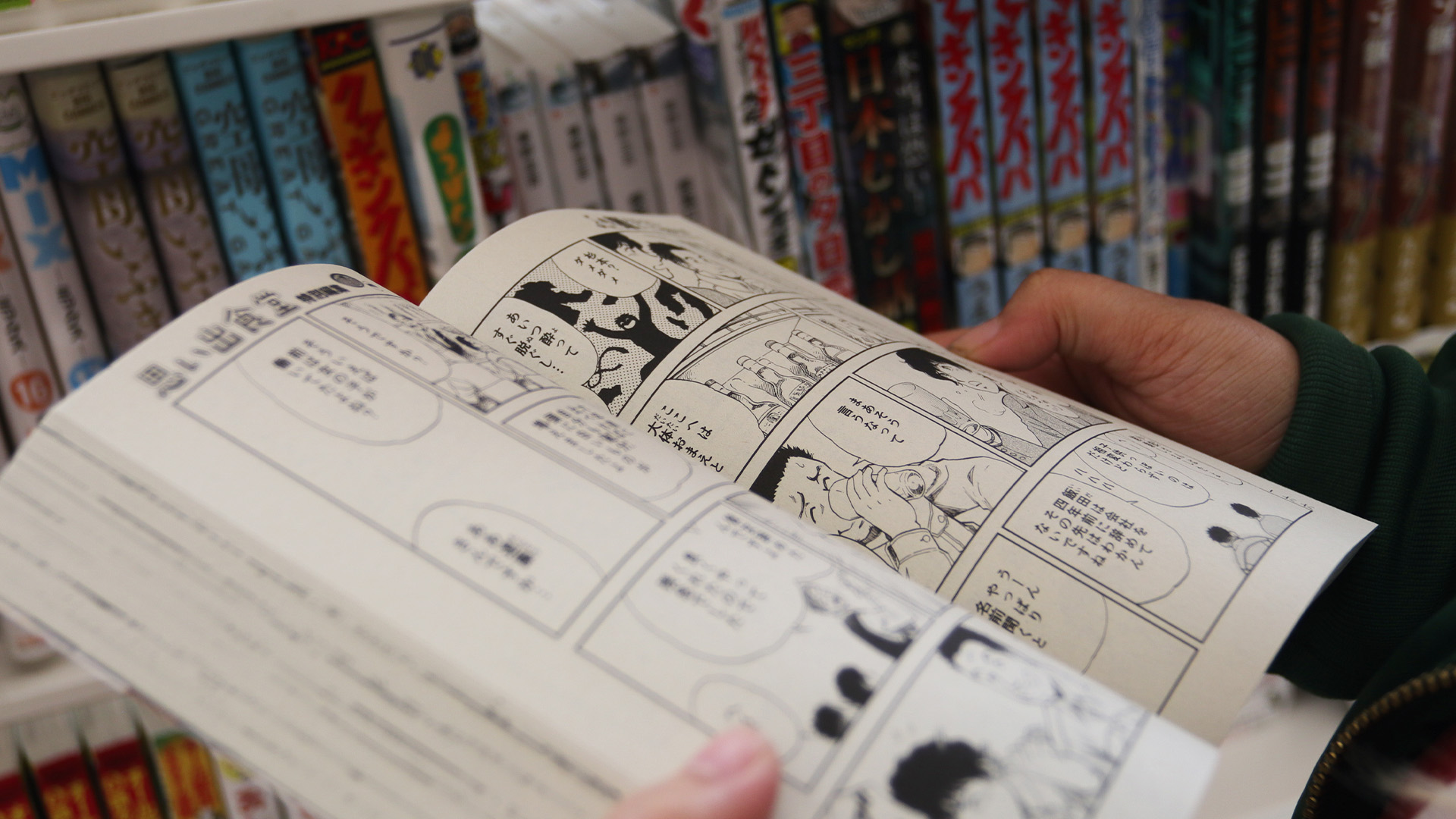You are viewing your 1 free article this month. Login to read more articles.
Gained in translation
Do younger readers have, as International Booker Prize administrator Fiammetta Rocco recently opined, “a more porous sense of national borders” than the older generations, including when it comes to reading fiction in translation?

Do younger readers have, as International Booker Prize administrator Fiammetta Rocco recently opined, “a more porous sense of national borders” than the older generations, including when it comes to reading fiction in translation?
Rocco was commenting on a piece of research Nielsen recently did for the prize, which found nearly half of translated fiction buyers were now under 35, and 17% of them were between just 13 and 24; a remarkable turnaround from the sector’s traditional image.
For sure the explosion in Manga sales which has propelled translated fiction to new highs in the UK market (11% of the overall fiction total in the year to April) has changed the nature of its readership; but the Booker research excluded Manga from its findings. Rocco put the popularity of translations with the young down to the influence of other areas of culture, including music and film on streaming services, using working languages other than English – generating a sea change in attitudes.
But while we often talk about fostering literacy and reading for pleasure in children, how often do we talk about fostering familiarity with the act of translation, and literature from other languages, in classrooms? That’s a concern raised by Charlotte Ryland, director of literary charity the Stephen Spender Trust, in an opinion piece published by The Bookseller online. She points out the “missed opportunity” of multicultural classrooms filled with children who have many different “first languages”, and who yet have the potential to leave school without having ever studied a book in translation as part of their learning experience – her solution involving workshop programmes partnering with translators, publishers and schools to bring the “dynamism” that currently exists in publishing in this area into the education space.
How often do we talk about fostering familiarity with the act of translation?
Ryland sees a social justice element in this too: “Literary translation programmes in schools bring texts from Central/South America, Africa and Asia into an otherwise Eurocentric curriculum; they expose young minds to alternative and multiple perspectives on the world; and they valorise the voices and experiences of young people who speak more than one language,” she says.
Eminent children’s publisher Patsy Aldana, now helming an imprint at Greystone Kids, explains this week (see pp12-13) why she champions translation: “We have to understand each other for who we are… and that does imply having an accurate idea of who people are, not our imposed ideas about who they are. I see the world that’s coming for my grandchildren. It’s going to be so hard, and the more they know about other people in a real way, the better off they’ll be to try to work together.”
Heartening as the current market stats are, there’s much still to do; and more space, surely, for publishers to grasp the opportunities that young people’s new “border blindness” – the phenomenon which has seen BookTok hits cross the globe this past year and chalk up bestseller status in multiple different markets and languages – now presents.
















